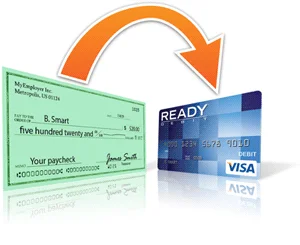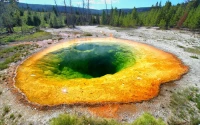IRS $2000 Direct Deposit: Wishful Thinking or Reality?
The internet's buzzing about a potential $2000 direct deposit from the IRS. Let's cut through the noise and see what the data—or lack thereof—actually suggests.
Decoding the Online Chatter
A quick search reveals a surge of queries: "2000 federal direct deposit IRS." This tells us something right away: people want this to be true. But wanting something doesn't make it so. What's fueling this hope? Is it a misunderstanding of existing programs, or something else entirely?
Here's where we hit our first snag. There's no official IRS announcement or program that explicitly promises a $2000 direct deposit to every taxpayer. (And believe me, I've dug through their press releases.) What we do see is a lot of speculation and, frankly, misinformation spreading across social media and various online forums. People are likely conflating existing tax credits or relief programs with something new and universal. For example, the Child Tax Credit can result in significant payments, but it's not a flat $2000 for everyone.
Now, let's consider the "People Also Ask" and "Related Searches" data points. The very existence of these search terms acts as a kind of public sentiment indicator. It suggests a widespread desire for financial relief and a certain level of confusion about how to obtain it. The IRS website, while comprehensive, isn't exactly known for its user-friendliness. Could a clearer communication strategy from the IRS help to quell these rumors before they gain traction? I suspect it would.

The Data Vacuum
The biggest problem here is the absence of verifiable data. We're dealing with a digital echo chamber, where hopes and rumors amplify each other. There's no official source confirming this $2000 deposit. That's not to say no one is getting a $2000 deposit. Individual tax situations vary wildly. A taxpayer with specific credits and deductions could certainly receive a refund in that ballpark. But a universal program? The data simply isn't there.
And this is the part of the analysis that I find genuinely frustrating. The IRS, for all its faults, is a data-driven organization. They track everything. The fact that there's no readily available information about a broad-based $2000 deposit suggests it's not happening—at least not in the way people seem to believe. It's like searching for a black hole: the absence of light is itself a form of data.
Think of it like this: imagine a company announcing record profits, but refusing to release the actual numbers. You'd be skeptical, right? The same principle applies here. The absence of official confirmation speaks volumes.
Fool's Gold?
So, what's the real story? It seems likely that the $2000 IRS direct deposit is a case of wishful thinking fueled by online misinformation and a misunderstanding of existing tax benefits. While some individuals may indeed receive a deposit of that amount, it's highly unlikely to be part of a new, universal program. The data—or lack thereof—simply doesn't support it.










